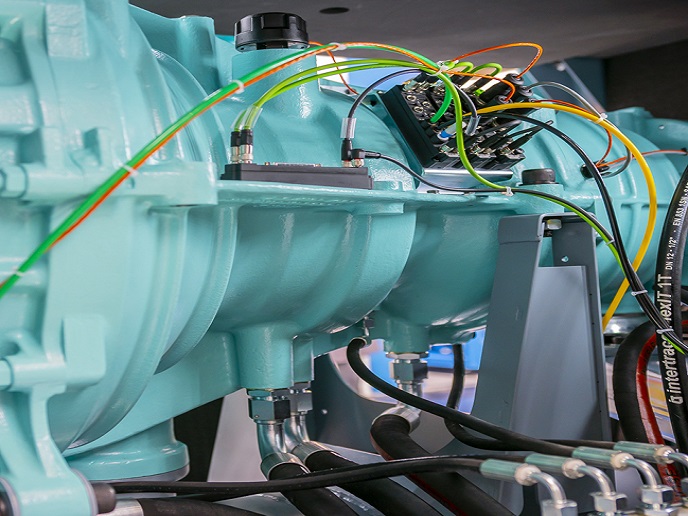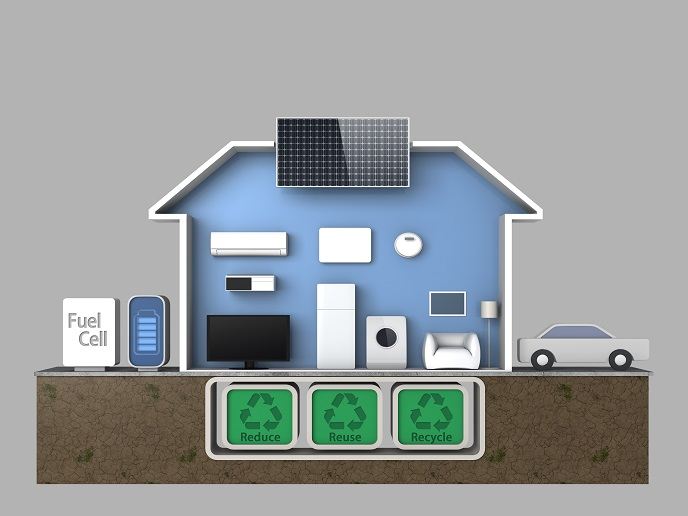Making sustainable use of an important plant component
Nanocellulose or nano-fibrillated cellulose (NFC) is a very high-strength, low-weight material derived from wood fibres. Its great industrial market potential was inhibited by the high energy consumption associated with getting the NFC out of standard cellulosic fibres. EU-funded scientists initiated the project 'Scale-up nanoparticles in modern papermaking' (SUNPAP) to develop novel added-value products and large-scale processing methods for reductions in landfill waste, use of petroleum-based products and energy consumption. Scientists compared pilot or semi-pilot lines of two cellulose pre-treatment methods before homogenisation. After materials’ costs calculations mechanical and enzymatic pre-treatment was preferred over oxidative chemicals. Although enzymatic pre-treatment resulted in higher electricity and capital costs, chemicals required in the oxidative method were prohibitively expensive. SUNPAP demonstrated that NFCs could enhance the properties of currently available paper and packaging products. In addition, they could also be used for the development of completely new value-added products for specialised markets. For example, NFC can be used as an additive to modify friction and flow properties. It provides a grease-type barrier that can be used as an alternative to petroleum-based materials in coatings. The use of NFC as an additive in inkjet coating colours increased production speed. Further, NFC functionalised with metal oxide nanoparticles demonstrated antibacterial activity in paper products. SUNPAP researchers have demonstrated the potential of NFC to reduce the weight and environmental impact of a number of products. This could enhance the competitiveness of the pulp and paper industries. Further research and product development along with safety studies will enable the fine-tuning of properties to meet national regulations and legislation. Continuing research efforts by SUNPAP and other scientists should open the door to a new era for a traditional industry.







